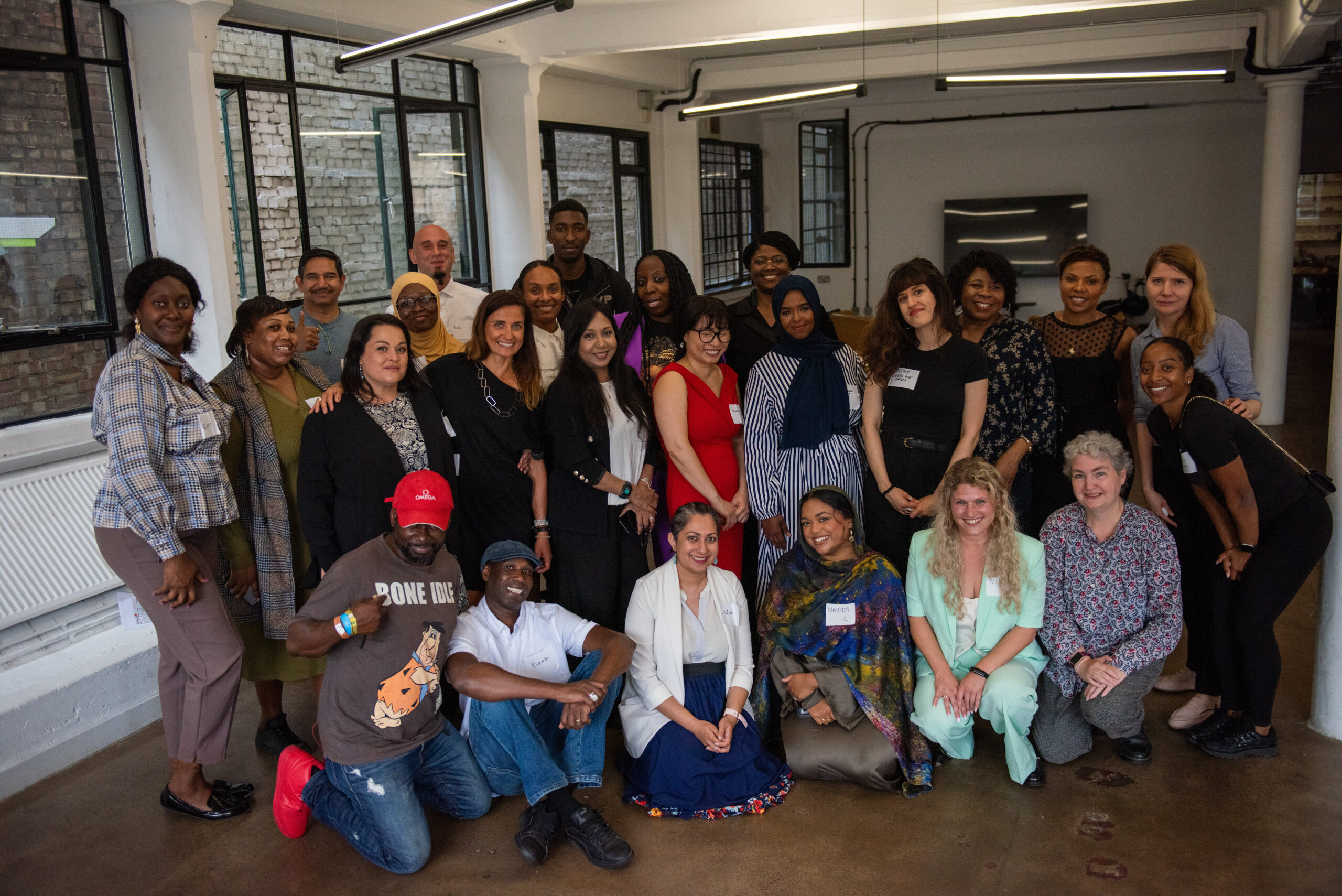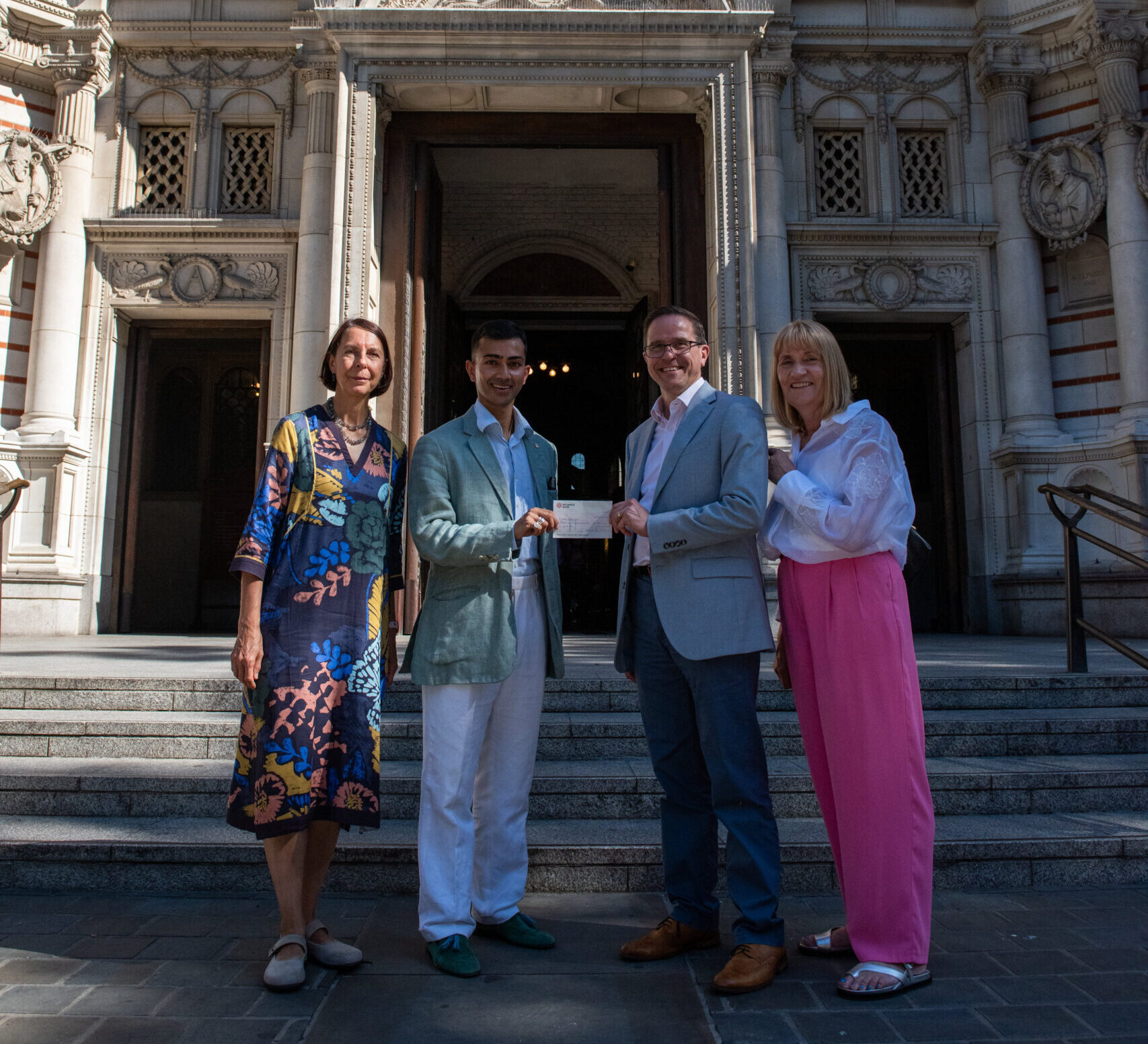
Earlier this month, Caitlin Boyle, Caritas Westminster Information Officer, joined CAFOD as part their COP26 youth delegation in marching, campaigning and praying for climate action and justice in Glasgow. 36 young adults were part of CAFOD’s COP26 youth delegation who travelled up to Glasgow to apply pressure on world leaders attending the United Nations Climate Change Conference, to be bold and ambitious in their attempts to tackle the climate crisis.
The CAFOD delegation were able to visit the Scottish Event Campus (SEC), where the COP26 talks and negotiations were taking place, to hear from different scientists, activist groups and indigenous people from all around the world about the effects the climate crisis is having globally and what measures need to be in place to help mitigate them. On Saturday 6th November, despite inclement weather, the CAFOD delegation joined other faith groups (including SCIAF, Jesuit Missions, Islamic Relief, Tearfund and Christian Aid), local organisations and climate activists in marching through the centre of Glasgow, as part of the Global Day of Action for Climate Justice, with around 100,000 people attending in Glasgow alone!
Whilst in Glasgow, Caitlin and the CAFOD youth delegation were campaigning for global leaders to commit to plans to limit global temperature rises to no more than 1.5 degrees; deliver the money promised to low-income countries to adapt to the impacts of climate change; and to consign fossil fuels to history.

Speaking about why she went to Glasgow, Caitlin says:
‘Climate change is affecting us all, no matter where we are in the world, though it is most adversely affecting people in poorer countries, costing people their livelihoods, their homes, and even their lives, despite these countries contributing least to the crisis. Even here in the UK, however, where the effects will be much less severe, floods and heatwaves are likely to disproportionately affect more deprived communities.
‘The Covid-19 pandemic has further exacerbated and compounded social, economic, and environmental inequalities, with poorer communities again more susceptible to their effects – something I have seen through my work at Caritas Westminster. The pandemic has put further strain on communities ill-equipped to deal with these crises.
‘As the host of COP26, the UK government had a really crucial role in setting the tone for how the world emerges from the pandemic, ensuring that a post-Covid world is one which is equitable – it should not be another missed opportunity.’
The two-week climate conference ended this past weekend (Saturday 13th November). Despite progress in agreeing to phase out fossil fuel usage and investment as part of the Glasgow Climate Pact – the first COP agreement which specifically talks about fossil fuel divestment – world leaders failed to act with the courage and immediacy needed to effectively support those on the front line of the climate crisis. They delayed action on limiting temperature increases, and did not deliver the climate finance that is urgently needed.
Speaking about the decisions made at COP26, Caitlin says:
‘It is disappointing that once again, world leaders failed to place those who are most adversely affected by the climate crisis at the heart of their discussions. As Catholics, it is our duty to work for the common good, and speak out for the poor, the marginalised and the voiceless, and so it is essential that we engage with and campaign on issues relating to social and climate justice. We are called to be stewards of God’s creation, and to protect it.
‘Despite government inaction at this COP, we as young Catholics must continue to campaign for our common home; the eyes of the world now need to be firmly focused on those who are actually feeling the effects of the climate crisis first hand.
‘Pope Francis said at the start of COP26 that, “The political decision-makers who will meet at COP26 in Glasgow are urgently summoned to provide effective responses to the present ecological crisis, and in this way to offer concrete hope to future generations.” Whilst the decision makers may not have provided the effective responses needed this time, I can certainly draw hope from the amazing campaigners I got to work with as part of the CAFOD delegation, and their commitment and enthusiasm has emboldened and mobilised me to continue to speak out about climate injustice!’
Caritas Westminster is working with the Westminster Justice and Peace commission to encourage local action against climate change, and supporting Westminster Diocese’s plans for decarbonisation.




